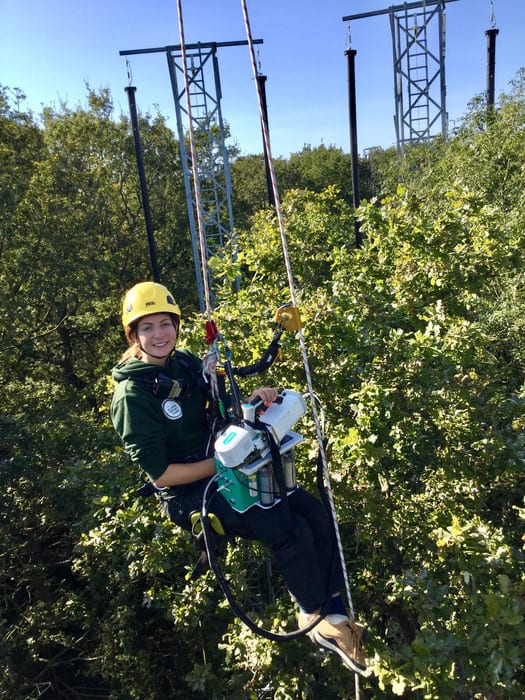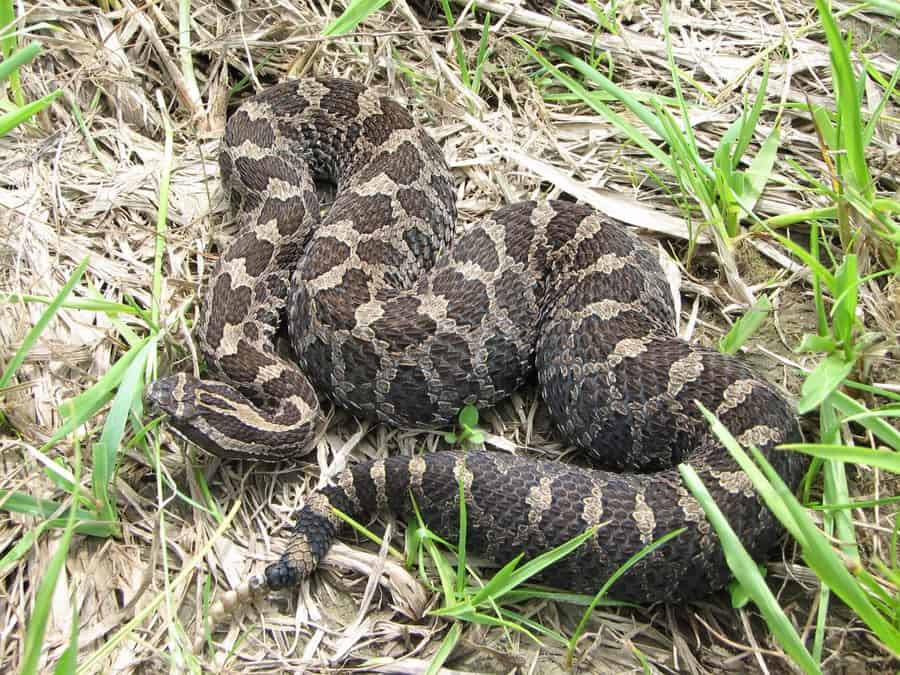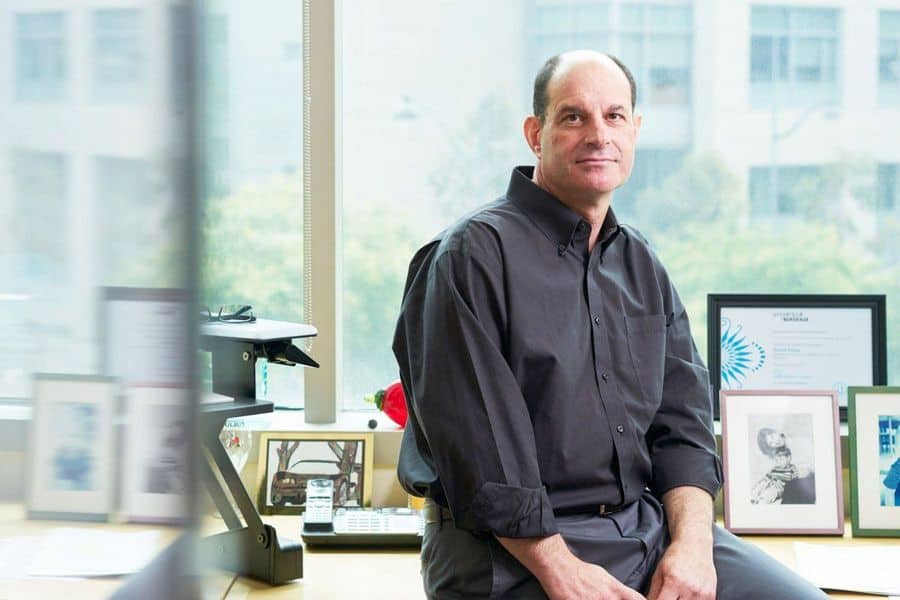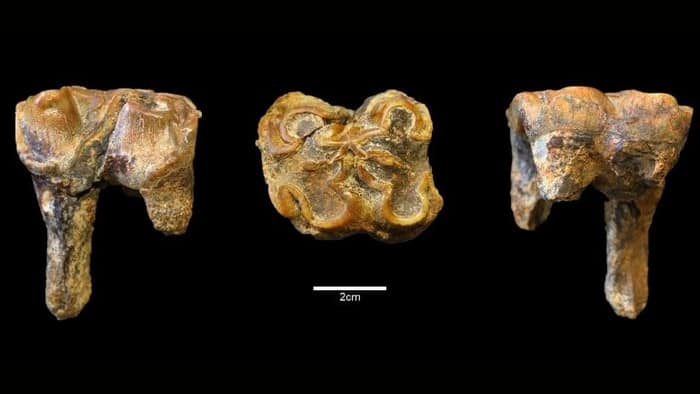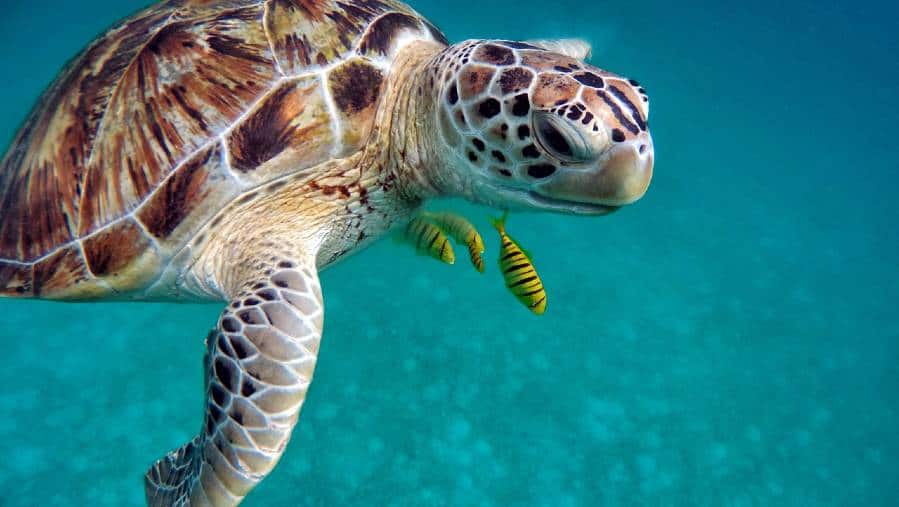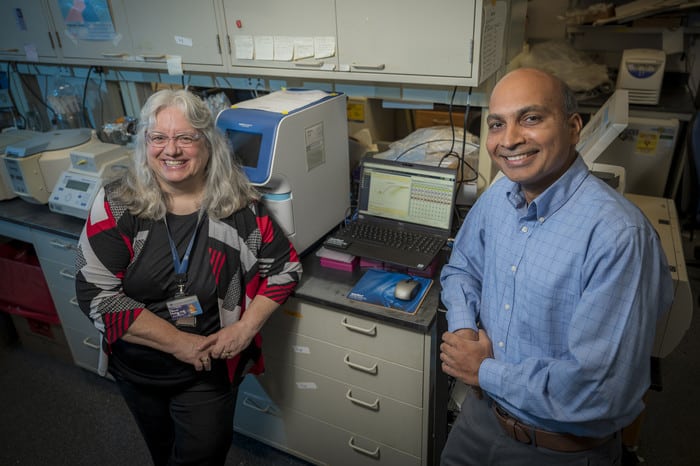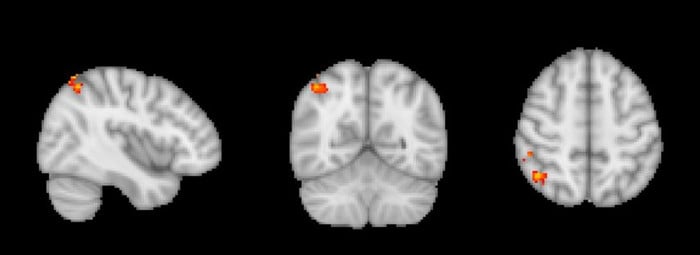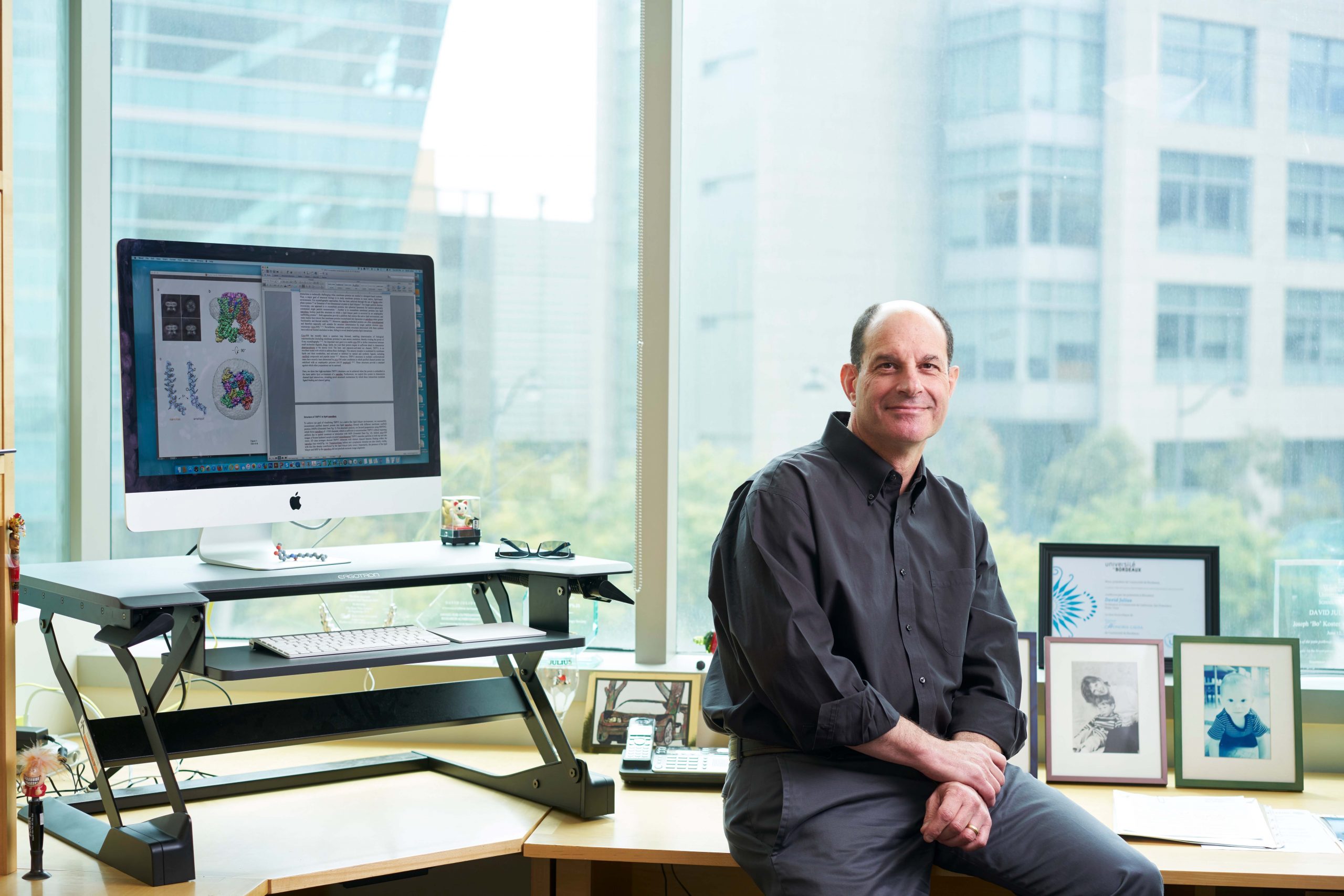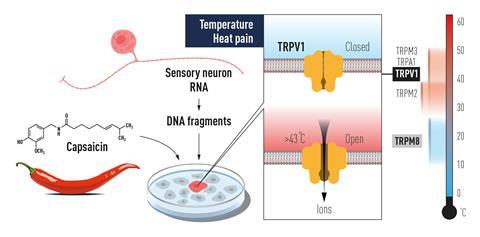Mature oak trees will increase their rate of photosynthesis by up to a third in response to the raised CO2 levels expected to be the world average by about 2050, new research shows. The results, published in Tree Physiology, are the first to emerge from a giant outdoor experiment, led by the University of Birmingham in which […]
Read More